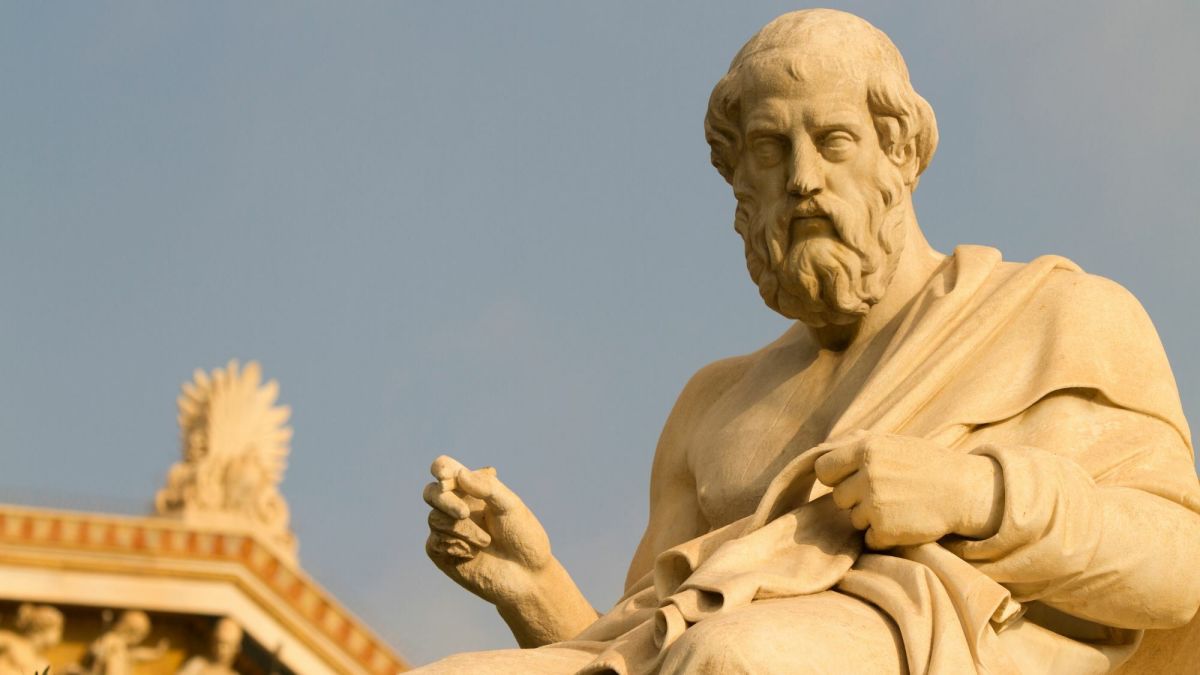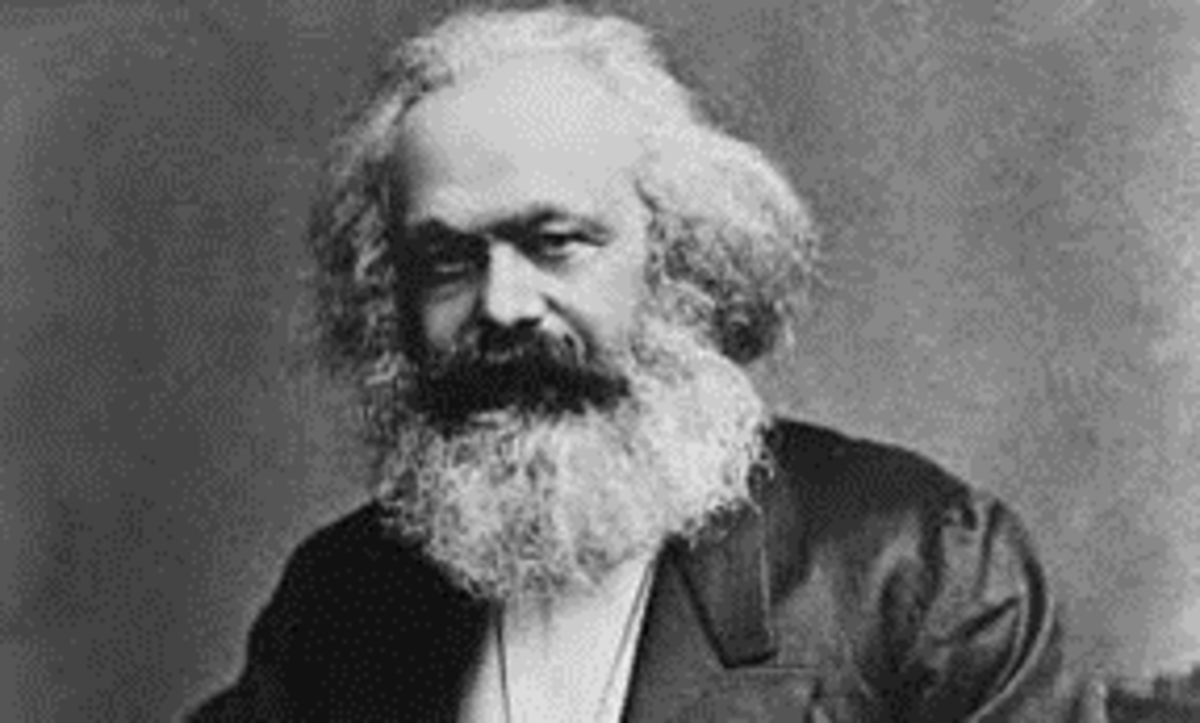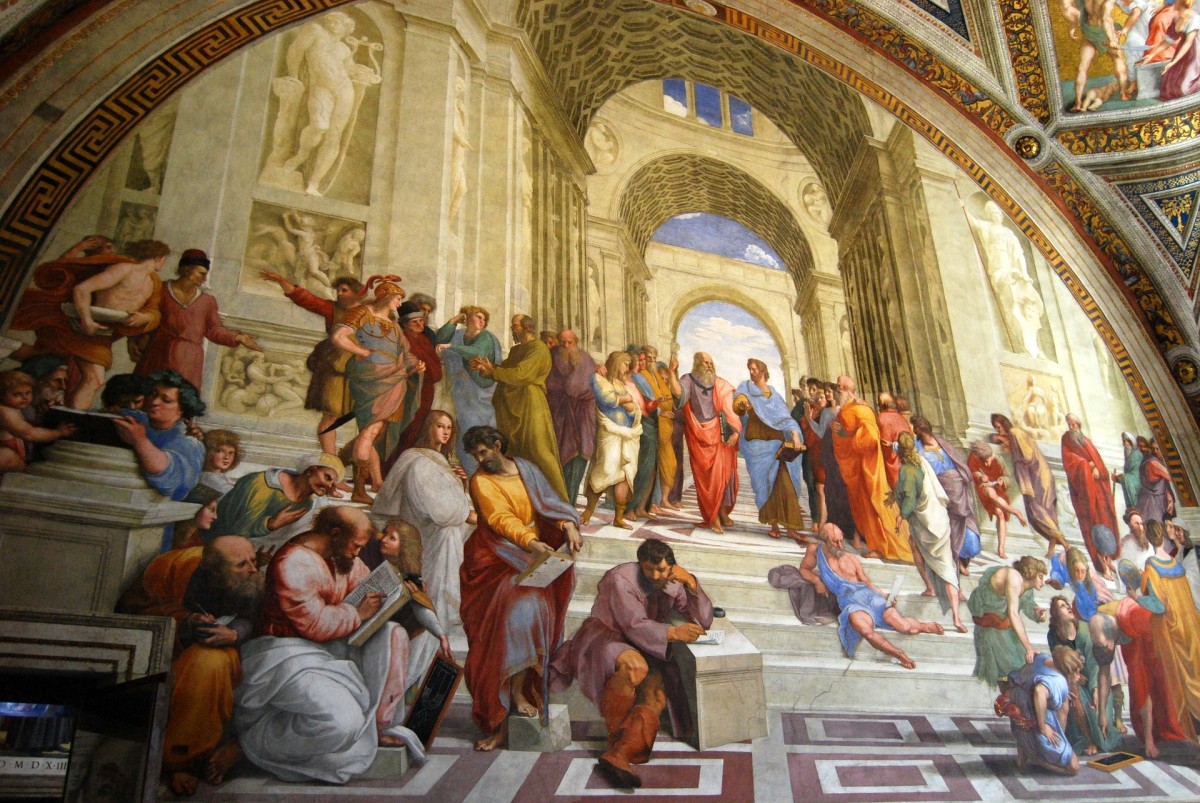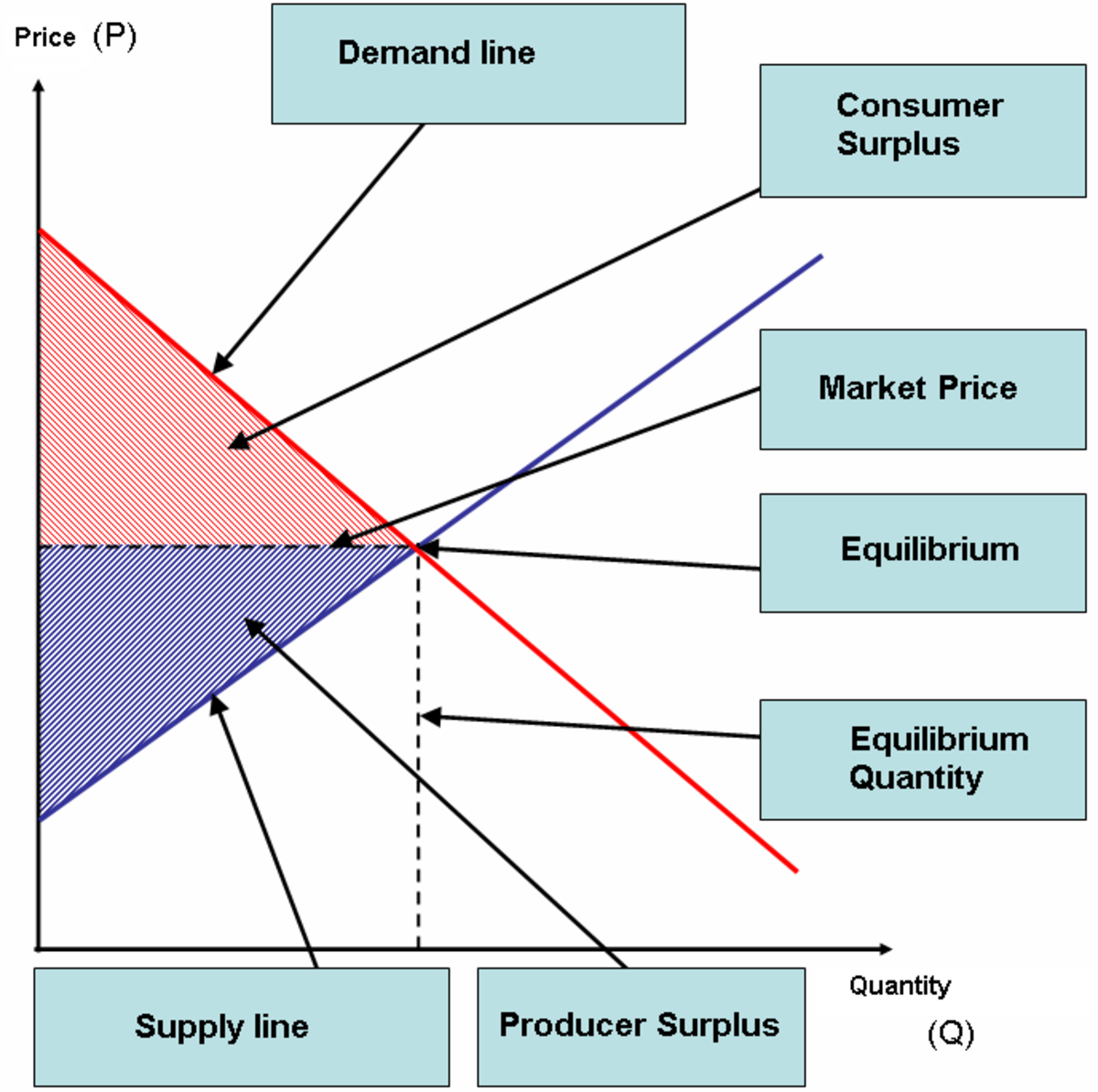Economic Ideology of Plato; A Brief Note
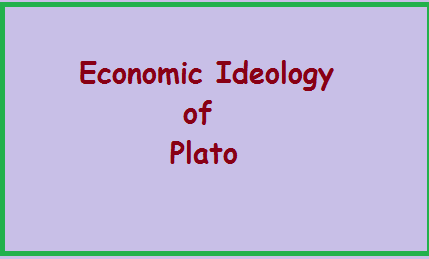
Introduction
Greek economic thought was an important one existed as one of the ancient civilization. It was existed during the 8th century B.C. when analyzing the history of economic thought of Greek civilization, there are two main philosophers like Plato and his student Aristotle.
Plato was belonged to the city state of Athens in Greece. Athens was characterized with many features. For example, ancient system of democracy was existed in Athens. During the period of Plato, Athens witnessed a new trend in the city state. That was the raising of new commercial classes as a part of trade and commercialization. His philosophy aimed to build an ideal state or a better social system. ‘The Republic’ and ‘The Laws’ are considering as the two vital masterpiece books of Plato. The ideology of Plato was derived from these books. This hub is a very brief explanation about the economic ideology of Plato.
Ideas of Plato on the State Economy
According to the philosophy of Plato, a state will come in to reality from the human wants. Since, human beings are characterized with inequalities, it plays an important role in the development of the city state. The natural inequalities among human beings will ensure them to find different types of jobs. So, the specialization will be possible. In short, Plato says that, specialization will help the state to satisfy all the wants of the citizens. Further specialization will ensure the utilization of resources by producing output with maximum capacities.
Plato gives a clear picture about the Greek economic system. For example, according to Plato, a ideal state consist of 5040 citizens. Since he gives more emphasis towards the communism, the economic an d non-economic transactions are highly restricted.
According top Plato, there are two classes in the state. That is rulers and the ruled people. The ruled people are artisans, they are participating in economic activities like production and exchanges. The ruler class can also be further classified in to two. That is Guardians and Auxiliaries. At the time of birth itself, some one will be the part of rulers and others will be the part of ruled people. From the childhood onwards the ruling class will be educated including martial arts. The ultimate aim of practicing of war arts was to protect the state from the foreign attacks. At the age of 30, there conduct an examination among the ruler class. Those who passed the examination will given the title ‘Guardians’ and those who failed the examination will given the title ‘Auxiliaries’. Guardian are highly serve in the administration of the state while Auxiliaries are emphasis on the functions of soldiers. So, guardians will enjoy more administrative freedom than the auxiliaries. So, in short the state will be ruled by an elite class. But as mentioned above since Plato gives more significance ti communist system, he suggest some conditions to eliminate the domination of the elite or ruler class. The conditions of Plato towards the ruler class are explained below.
The ruler class will not own any private properties or family. As a part of this the rulers must avoid everything which enrich their private matters except what they demand for extreme necessity. To eliminate the possibility of corruption, the ruler people don’t acquire money, gold, silver etc. Further they must share their meal together even women too. So, we can sum up that, the philosophy of Plato is more tend to communism. Plato also suggests some great ideologies to develop social justice and equality.
Plato’s View on Money and Interest
Since the Greek civilization is an old one, the concept of money and money matters were entirely different in nature as like today. At the same time the ideology of Plato about money was based on the medium of exchange function of money. That is according to Plato, money is like a ‘symbol’ which used for facilitating exchanges. The concept of money explained by Plato was an ebullient one. he supported token form of money, not full bodied money form like gold, silver etc. this ideas caused to highlight the concept of intrinsic value of money. That is when people use token money, it will promise real money value but lack value of metal on the money. Since Plato was against the metallic form of money, it enables to avoid the possibility of concentration of wealth in the form of holding gold or silver. Similarly the practice of interest system was prohibited. This is because most of the money borrowers were poor people. And above all the main purpose of borrowings was to meet the consumption expenditure. So, Plato was against the practice of lending and receiving of interest.
Plato’s View on Trade
According to the philosophy of Plato, the practice of trade restricted for the resident citizens. Since trade is an important sector of any economy, he put forward many ideas. The imposing of price ceiling was also existed there. This helped to avoid the chances for raising of monopoly and inequalities among people. The trade activities were reserved for the foreign resident people. He put some conditions on trade like import must be allowed only in the case of necessity and exports must be allowed only after fulfilling the domestic needs. In short, Plato gives a clear view on the state economy and its economic matters.
Conclusion
Plato was a renowned philosopher of ancient time. He is also considering as one among the initial thinkers of who provides evidences about the economic history of ancient time. He was resided to the city state of Athens of Greece. Where he developed his ideology which having the character of communism. When analyzing the economic thought of Plato, he likes a small city state and its progress of development. Even though the philosophy of Plato got more popularity, which was based on Utopian ideas. Any way, Plato provides many contribution to the field of economics like money, interest, trade etc. His ideology was a well structured one in nature even it lack perfect connection with reality. But, still today his philosophy and teachings are studying.



